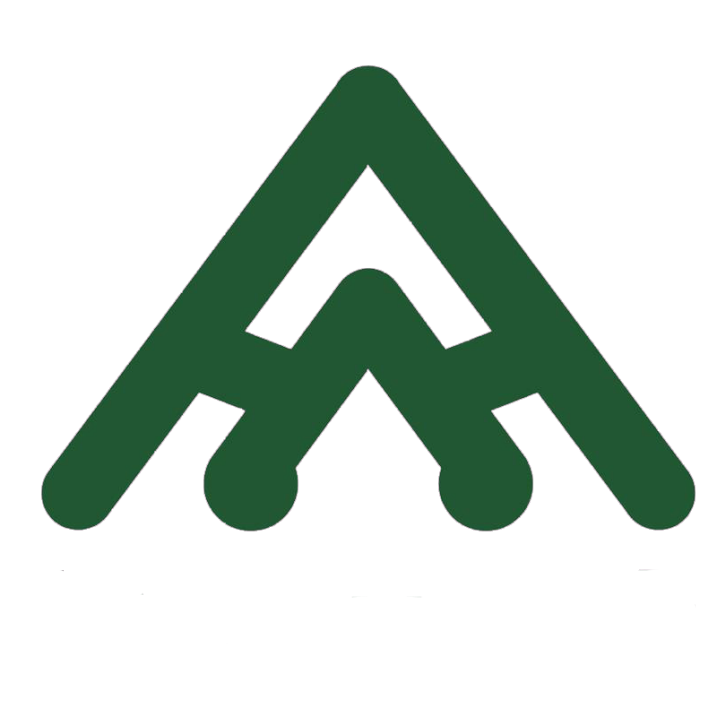All of us must have heard these words while purchasing furniture or thinking about refurbishing our home such as– MDF, Particle Board, or Melamine. These are pretty confusing words, you may think but do not worry. We are here to break down what they actually mean in layman's terms.
What is MDF?
And what does MDF mean – "Medium-Density Fiberboard. This kind of material is cut from real wood that has then been compressed to tiny fibers. These shreds of wood are combined with glue and a special type of resin to make Mdf medium density fiber. Finally, it is compressed and fused together with heat to a solid dense board. This procedure ensures that other is smooth way more than that. MDF is relatively cheap material than other wood, which is the reason why it is used to craft furniture, cabinets and many household items.
What is Particle Board?
Another wood product you may run into is particle board. It is manufactured from wood chips, sawmill shavings or sawdust glued together and compressed to make a board. LDF: Linear Density Fiberboard – Weaker than Mdf medium density fiberboard but cheaper and much lighter. For this reason, Particle Board is more prone to breaking or chipping if something bumps into it or it falls. For furniture that does not need to be ridiculously durable, people often prefer Particle Board.
What is Melamine?
Melamine refers to a specific type of paper that is used in the lamination of MDF or Particle Board. It is used so that the surface is smooth and shiny thanks to the resin covering. This layer is applied with an intention to conceal the board underneath and make it looking pleasing. Melamine: Melamine comes in a variety of colors and designs. Because it is tough, scratchproof, heatproof and does not stain easily, it is commonly used for kitchen cabinets, wardrobes and various furniture designs.
A Comparison of MDF vs Particle Board vs Melamine
Having understood what MDF, Particle Board and Melamine are, let us now see their differences. MDF, being denser and stronger comparatively than Particle Board, means it will last longer. It is also not easily harmed by moisture or humidity, so it is less likely to warp or crack. On the contrary, Particle board sheeting is an affordable option, yet can be delicate and it can start losing its strength over time. Also, Particle Board, unlike plywood, is not fire-resistant and can give a off fumes if it reaches a high temperature. Melamine is an excellent material choice because it is scratch-, stain-, and heat-resistant. This all makes it particularly useful, particularly for homes with young children or pets, as it is much easier to clean.
Choosing the Right Wood
When considering the purchase of engineered wood, you might consider factors on how to use it. For instance, if you will begin by putting up kitchen cabinets, then probably start with Melamine-coated Particle Board since it is cheap and more appealing. But if the aim is to craft some durable furniture, then probably, MDF would work best.
Furthermore, manage the cost as well. Even though Particle Board is an inexpensive option, it is cheap because it does not have strength to last long. A cautious approach can also be an economizing one, so contemplate greatly on which material would be more suitable for your work and budget.
What purposes do these materials serve?
Plywood and engineered timber is commonly used in furniture and cabinetry, as they are easily cut, shaped and tailored, Mable observes. They are found in almost every house, school and office. In terms of construction uses, they are common wall and ceiling materials, and also where roofing completes the structure. Melamine however is used extensively to cover cabinet doors and to outfit furniture. Although, it finds large usage in interior decoration and other construction material.
How to Know the Difference
Once you understand how to differentiate MDF, Particle Board and Melamine it becomes a straightforward task. With no visible wood grain and an extreme smoothness, MDF is completely unique in its characteristics. A dull thud sound is indicative of its solidness. Woods rough and woods grains visible on particle board. Hitting it gives an impression of hollowness or emptiness implying low density. This is often easy due to its smooth surface since melamine is usually available in several colors and patterns. In fact, several melamine finishes mimic actual wood such as oak or maple.
It is fair to state that understanding the basic characteristics of MDF, Particle Board and Melamine goes a long way especially when one has the intention of designing or building furniture or incorporation of construction works into the houses. However, do consider the cost in relation to the strength and durability of the engineered wood product that meets those needs. This awareness also allows for better decision making when the need to build a house, or the need to renovate an existing house arises.
 EN
EN
 AR
AR
 BG
BG
 HR
HR
 CS
CS
 DA
DA
 NL
NL
 FI
FI
 FR
FR
 DE
DE
 EL
EL
 IT
IT
 JA
JA
 KO
KO
 NO
NO
 PL
PL
 PT
PT
 RO
RO
 RU
RU
 ES
ES
 SV
SV
 CA
CA
 TL
TL
 IW
IW
 ID
ID
 LT
LT
 SR
SR
 SK
SK
 SL
SL
 UK
UK
 VI
VI
 SQ
SQ
 ET
ET
 GL
GL
 HU
HU
 TH
TH
 TR
TR
 AF
AF
 GA
GA
 CY
CY


